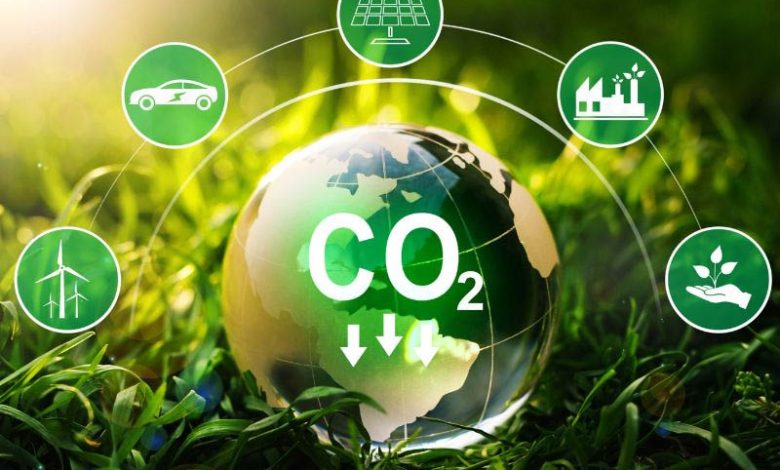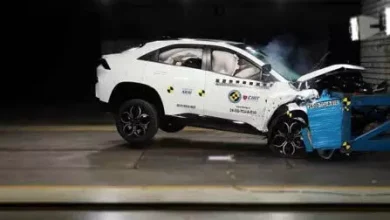
CBAM: The European Union’s Carbon Border Adjustment Mechanism (CBAM) will impose an additional 25 per cent tax on carbon-intensive goods exported from India to the EU, a new report said on Wednesday and recommended a retaliatory tax on rich countries historically responsible for climate change. The CBAM is a proposed tax by the EU on energy-intensive products such as iron, steel, cement, fertilisers and aluminium imported from countries such as India and China. This tax burden will amount to 0.05 per cent of India’s GDP, according to the report titled “Response of the global South to the changing trade regime in the era of climate change” by the Centre for Science and Environment (CSE), an independent think tank. These findings are based on data from the last three years (2021-22, 2022-23 and 2023-24). The tax is based on the carbon emissions generated during the production of these goods.
The EU argues that the mechanism provides a level playing field for domestically manufactured goods, which must adhere to strict environmental standards, and helps reduce emissions from imports. But other nations, particularly developing countries, are concerned that this will hurt their economies and make it too expensive to trade with the bloc. The move has also sparked debate at multilateral forums, including UN climate conferences, with developing nations arguing that under UN climate change rules countries cannot dictate how other countries should reduce emissions. Trishant Dev, programme officer (climate change) at CSE, said India’s CBAM-covered goods exports to the EU are set to account for 9.91 per cent of its total goods exports to the bloc in 2022-23. He said 26 per cent of India’s aluminium and 28 per cent of iron and steel exports were to the EU in 2022-23. These sectors dominate the basket of CBAM-covered goods shipped from India to the EU. In the year 2022-23, exports of CBAM-covered goods to the EU accounted for nearly one-fourth (25.7 per cent) of India’s total such goods exported globally, which is important for industries operating in these sectors. Currently, hydrogen and electricity are not exported from India to the EU. Of the total goods exported by India worldwide, exports of CBAM-covered goods to the EU are only about 1.64 per cent. The report recommends imposing counter-taxes on rich countries historically responsible for climate change. The report says that countries that have not historically contributed to the climate crisis can consider imposing a ‘historical polluter tax’ on trading partners to fund their own decarbonisation efforts. CSE Avantika Goswami, who leads the CSE’s climate change programme and co-authored the report, said this tax could be imposed on trading partners responsible for a significant portion of cumulative historical carbon dioxide emissions since the pre-industrial period.
Historical trends indicate that carbon-intensive production has shifted from developed countries to developing countries, creating disparities in emissions intensity among nations. Differences in emissions intensity today are also linked to historical emissions, as the Global North used fossil fuels such as coal during the early stages of the industrial revolution, which helped them accumulate wealth and grow their economies. Applying CBAM ignores this historical context and unfairly penalises the Global South. Goswami said this is not retribution, but a necessary course correction for the South, imposing costs on the North for years of use of cheap polluting energy, offshoring and reliance on cheap offsets. The CSE report also recommended collecting a carbon tax domestically to counter tax avoidance in Europe. Countries like India can impose their own carbon tax on exports of CBAM products to the EU or any country that imposes a carbon border tax. The revenue generated from a domestic carbon tax can be directed into a government-managed fund to support the decarbonisation efforts of Indian industries. By imposing a carbon tax domestically, India can have greater control over its mitigation strategies and achieve decarbonisation more effectively, he said.





